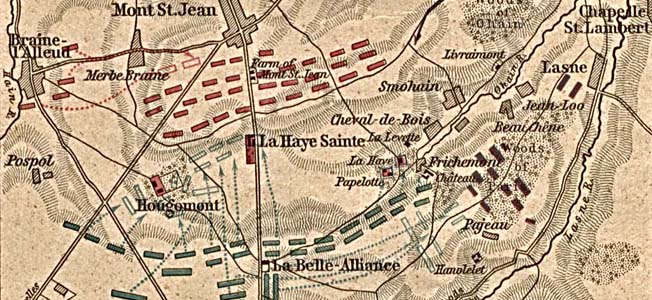
Military History
Surveying the Ground at the Battle of Waterloo
A master of the tactical defensive posture, the Duke of Wellington, later known as the “Iron Duke” for his military prowess, chose his ground well at Waterloo. Read more
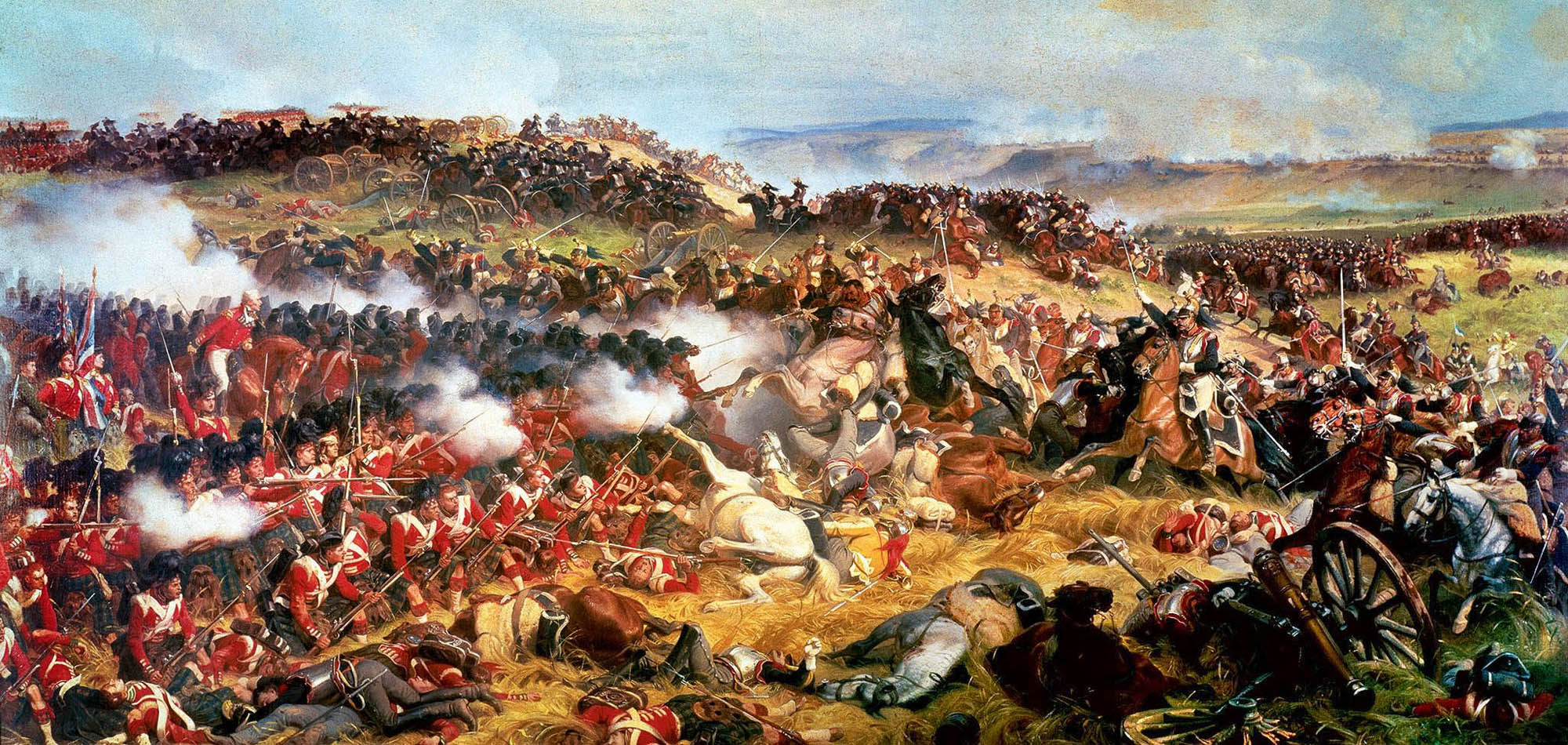

Military History
A master of the tactical defensive posture, the Duke of Wellington, later known as the “Iron Duke” for his military prowess, chose his ground well at Waterloo. Read more
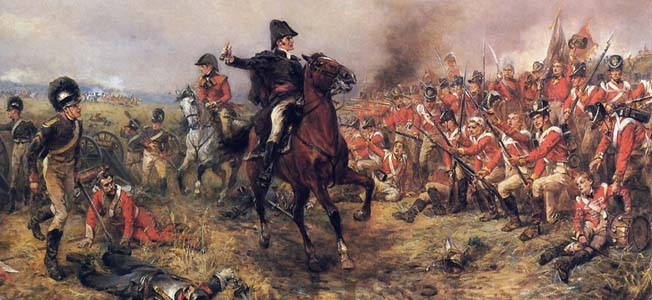
Military History
An artillery officer early in his military career, Napoleon Bonaparte understood the potential for big guns to influence the outcome of a major battle. Read more
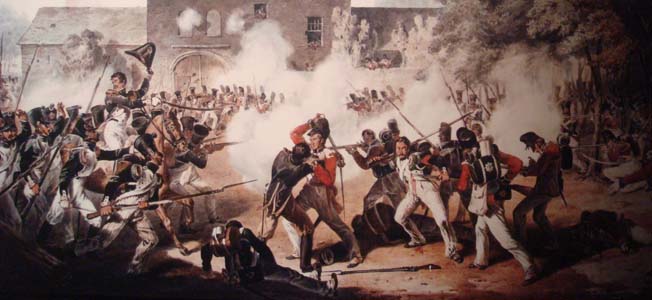
Military History
While the Battle of Waterloo is remembered as one of the most pivotal in history and its date of June 18, 1815, is well known, the actual hour it began is strangely uncertain. Read more
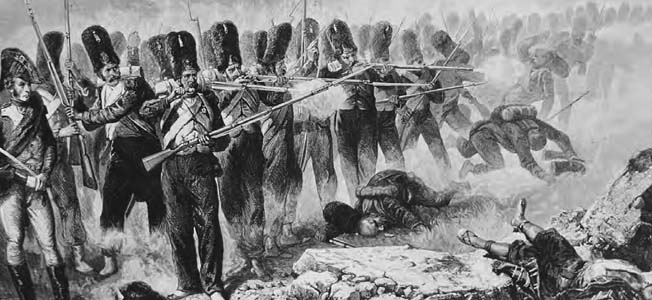
Military History
As the afternoon of June 18, 1815, waned at Waterloo, thousands of men and horses lay dead and dying. Read more
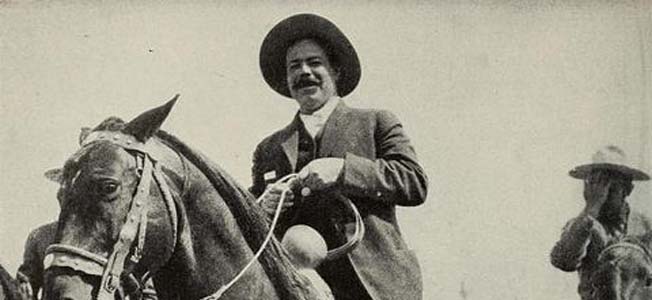
Military History
In the July 5, 1922, edition of the New York Tribune, the poem “Unconvinced” by James J. Montague was published. Read more
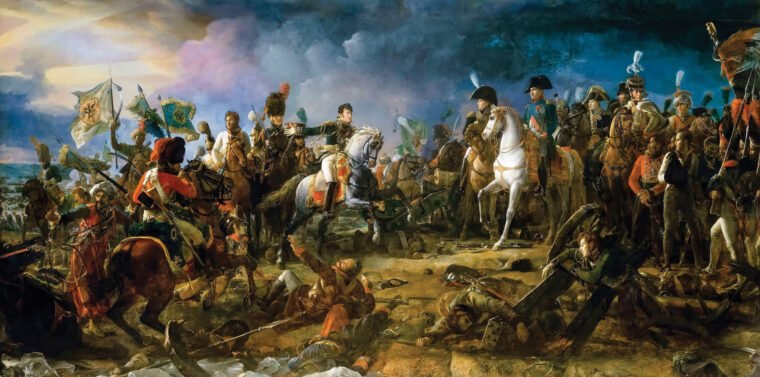
Military History
Few mortals commanded such intense devotion from their troops as did French Emperor Napoleon I, and fewer soldiers still can claim to have had a direct hand in helping to save the life of their commander. Read more
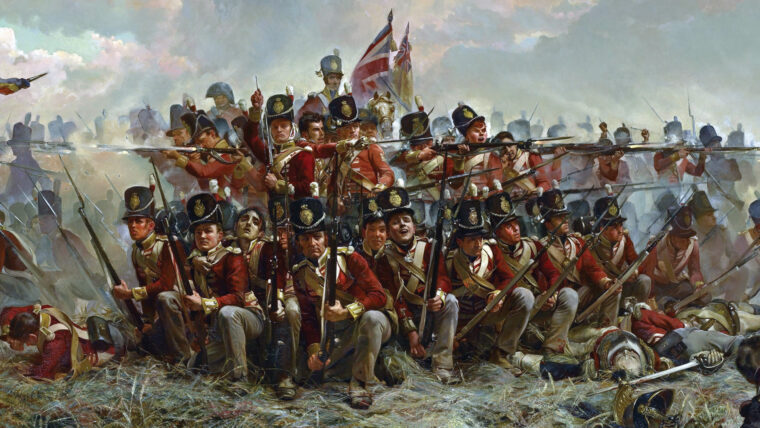
Military History
Political unrest in France and public disenchantment with King Louis XVIII prompted exiled emperor Napoleon Bonaparte to return to his country from the island of Elba in the spring of 1815. Read more
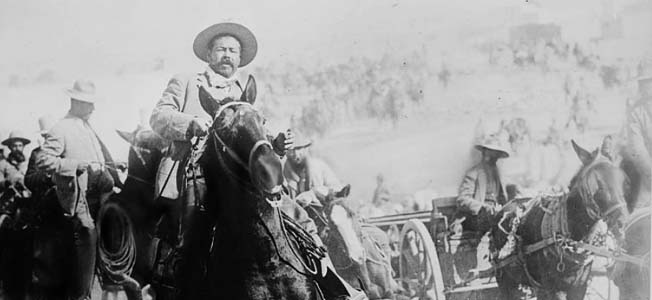
Military History
Like so many other prominent leaders in history, Doroteo Arango Arambula was born in obscurity, the son of a poor sharecropper in San Juan del Rio in the state of Durango, Mexico. Read more
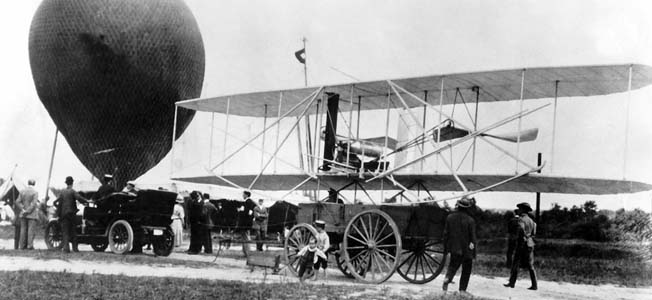
Military History
On March 25, 1898, Assistant Secretary of the Navy Theodore Roosevelt recommended that two officers “of scientific attainment and practical ability” be appointed to investigate the Samuel P. Read more
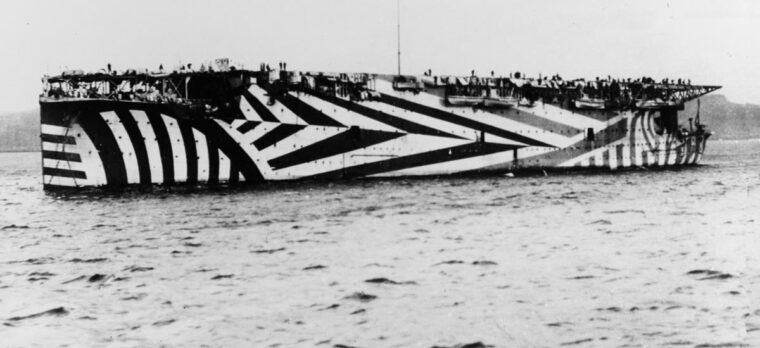
Military History
In 1898, Samuel P. Langley’s first flying prototype sparked interest from the U.S. Navy, which immediately began looking for military applications. Read more
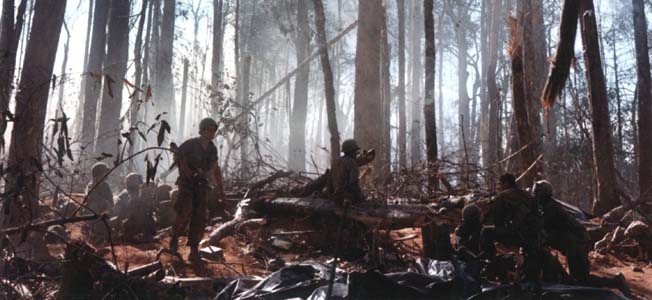
Military History
As American involvement in Vietnam escalated throughout the 1960s, American military commanders struggled to justify their strategy of attrition and prove that an end to the war was in sight. Read more
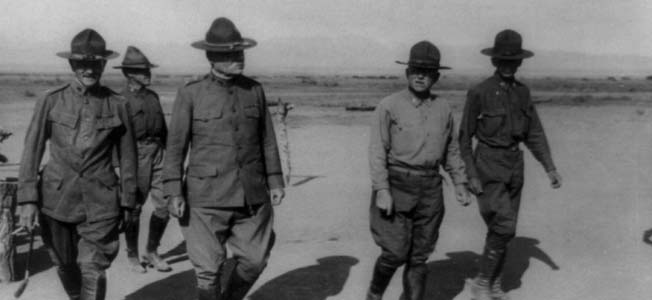
Military History
Five days after the March 9, 1916, raid on Columbus, New Mexico, in which at least 17 Americans were killed, President Woodrow Wilson instructed General John J. Read more
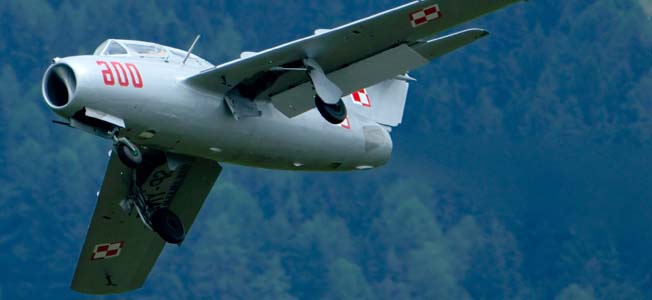
Military History
The Korean War was not only a landmark conflict under the guidance of the United Nations, but it was also the first serious testing ground for jet-to-jet combat. Read more
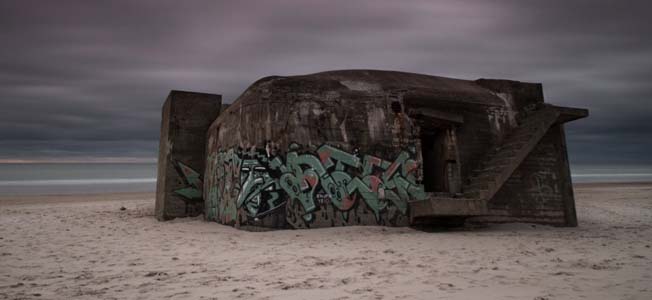
Military History
It was built by forced laborers and designed to defend over 2,000 miles of coastline from the Allies. Read more
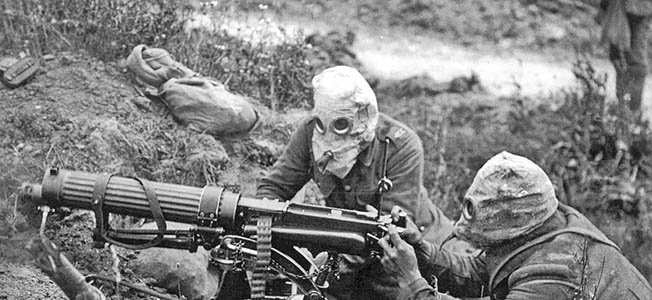
Military History
The British soldiers that left the relative safety of their trenches to go over the top on the first day of the Battle of the Somme on July 1, 1916, may well have expected that a week-long artillery bombardment of German positions had either killed every enemy soldier to their front or so incapacitated them that the attack would be an easy success. Read more
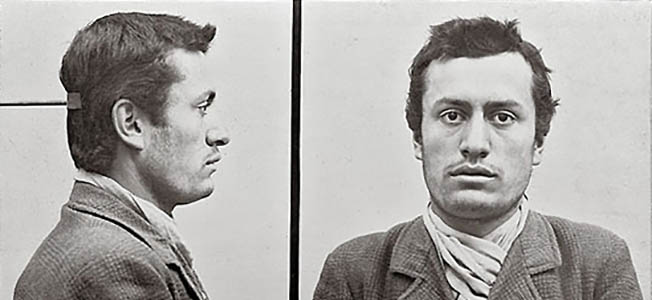
Military History
Benito Mussolini founded the world’s first Fascist movement and ascended to power in Italy in the wake of World War I. Read more
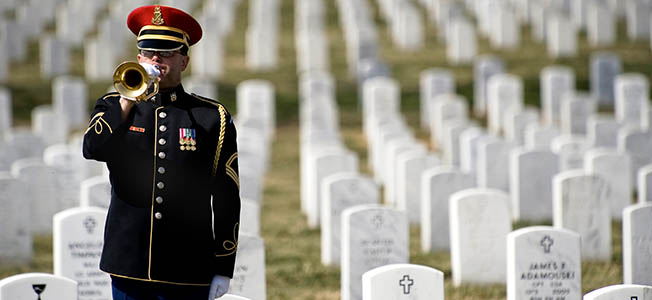
Military History
Since its first inception as “Decoration Day” in 1868, Memorial Day has served as an important reminder regarding those who died in service to their country. Read more

Military History
Among the French soldiers awaiting the signal to assault German positions at Belloy-en Santerre during the Battle of the Somme, American poet Alan Seeger no doubt contemplated his probable fate on July 4, 1916, ironically the holiday celebrating the independence of his native United States. Read more
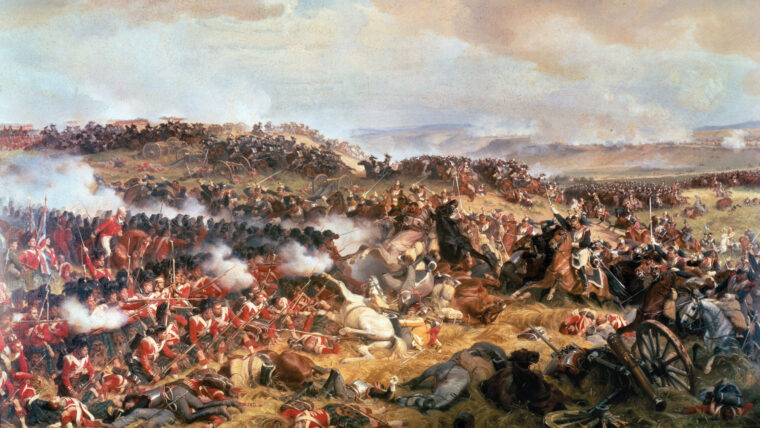
Military History
Field Marshal Arthur Wellesley, Duke of Wellington, was in Vienna when the news arrived in early March 1815 that Napoleon had escaped from exile on Elba and returned to France. Read more
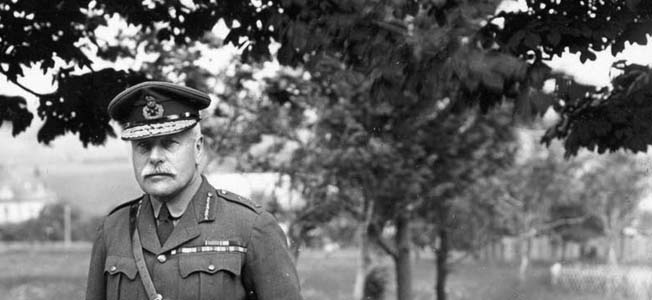
Military History
A century after the bloody Battle of the Somme of 1916 left at least 1.2 million British, French, and German soldiers killed, wounded, or captured, General Douglas Haig, commander of the British Expeditionary Force, remains one of the most controversial generals to emerge from World War I. Read more